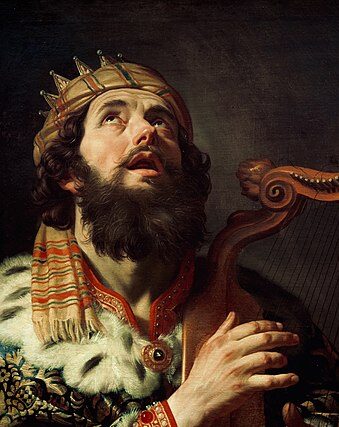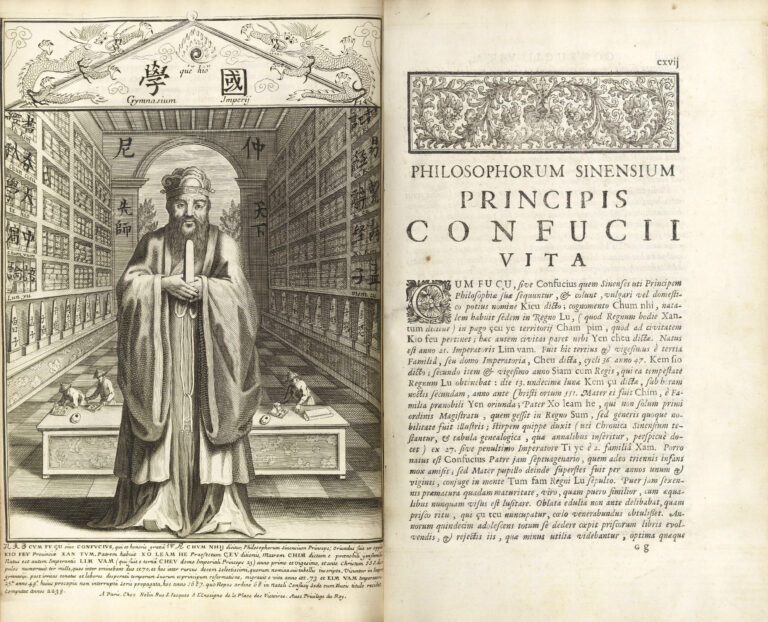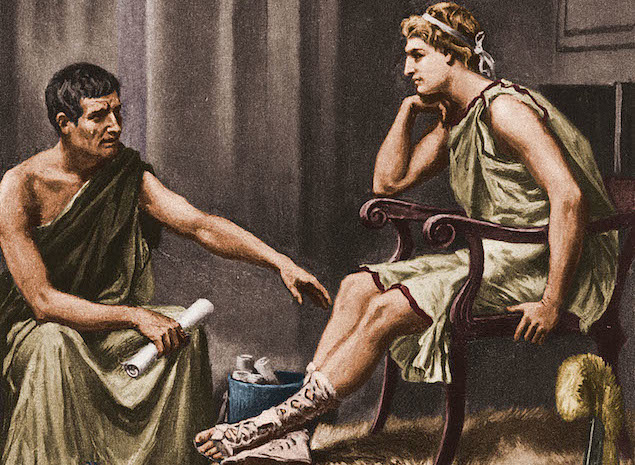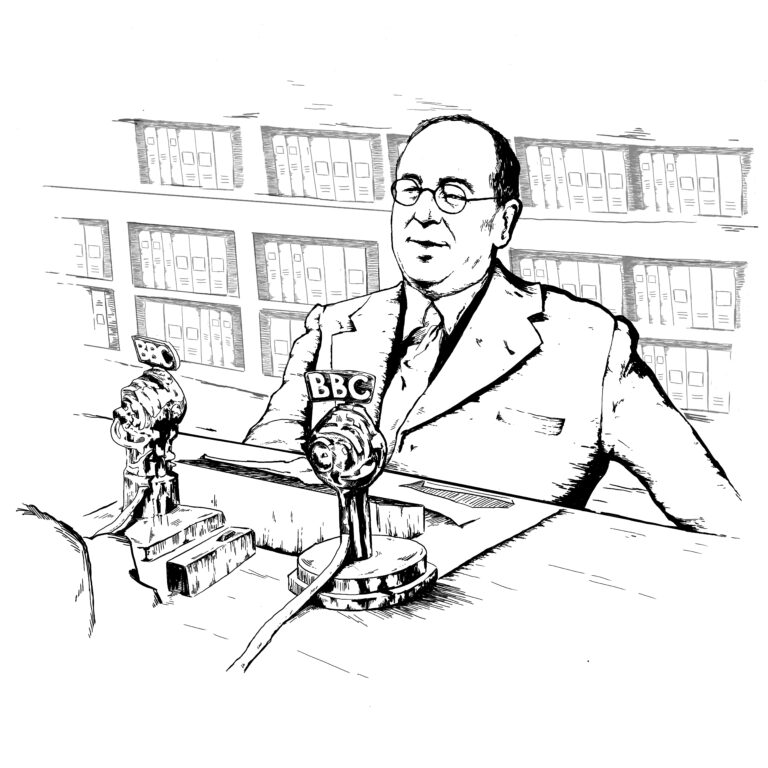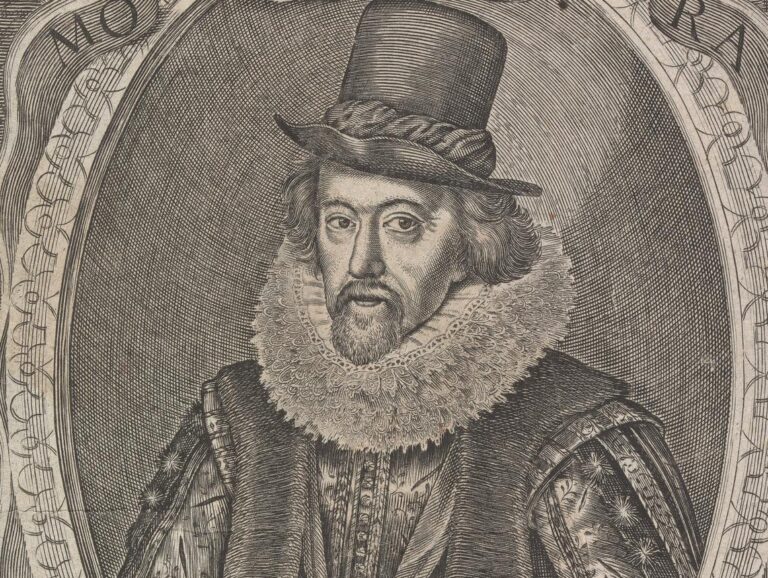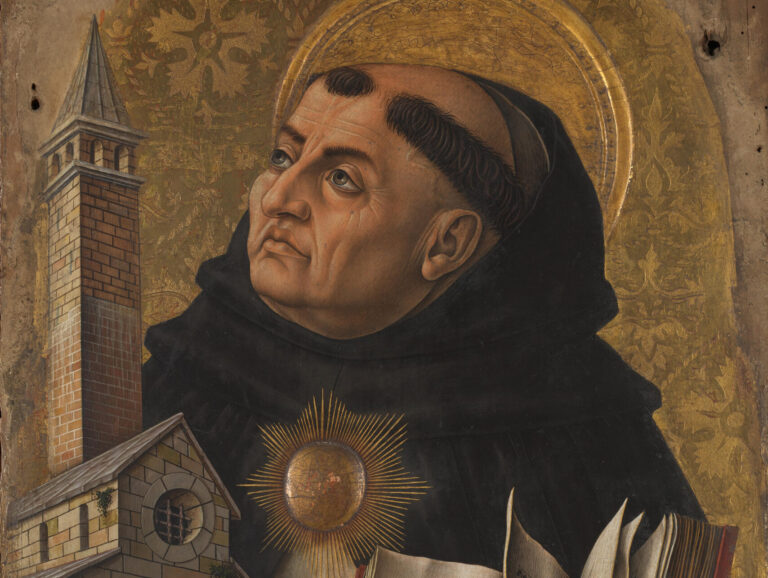God’s Faithfulness to David
One of the greatest examples of God’s faithfulness is seen throughout the First and Second Books of Samuel. The Israelites rejected being ruled by God and demanded to have a king like other nations. When the new king, Saul, disobeyed God, God anointed a new king, David. But he did not destroy Saul. Rather, he gave him opportunities to repent—opportunities Saul did not take.
And to be fair, Saul had a difficult task. He was stepping into the role of king over God’s own people. In “The David Story,” Dr. Justin Jackson reminds us that this could not have been an easy undertaking. What was Saul’s duty in such a situation? Is the king over God’s people a king like other kings? Is he a priest? How does the new political hierarchy fit into the religious structure of God’s people?
But God remained faithful to Saul. He had promised to reward the Israelites and their new king for obedience and punish them for disobedience. Saul’s punishment was still an act faithfulness by God. And God’s faithfulness to the Israelites is even more impressive. Rather than muttering a well-deserved “I told you so,” he provides Israel another king and makes his expectation for this king abundantly clear.
Throughout 2 Samuel, God tells David that his responsibility as king will be to “shepherd my people Israel.” Once David was established as king, God even sent Nathan to remind him that God “took you from the pasture, from tending the flock, and appointed you ruler over my people Israel.”
Dr. Jackson explains,
Here you have God explicitly saying, ‘I picked you from the pasture, and your role is that of a shepherd, to be a shepherd to my people.’ This is clearest definition of what it means to be a king in Israel. And to be a king is to be shepherd.
Given David’s experience as a shepherd in his youth, he knew full well what God was of asking him. And yet he fell short too.
He committed adultery with Bathsheba, the wife of his loyal soldier Uriah, and then concocted one of the darkest plots conceivable to cover-up his misdeed by ordering Joab, his captain, to place Uriah where the fighting was fiercest when he besieged a city. Leaving nothing to chance, David even instructed Joab to withdraw the soldiers fighting by Uriah’s side during the heat of battle. This was a death sentence for Uriah. The man whom God appointed to shepherd the Israelites murdered one from his flock to cover his own sins.
Commenting on the ugliness of David’s actions, Professor Jackson says,
David is starting a battle and a war to put Uriah on the front line. And some of David’s troops fall to cover up David’s sins. . . . His own men, fighting on behalf of David, now are dead. Uriah, of course, is dead, all to cover up what David has done. . . . Think about David the King as a shepherd. He’s supposed to be the shepherd to all of Israel. And what has he done? He slaughtered his own sheep.
David would pay dearly for his sins. Through Nathan, God reprimands David: “Out of your own household I am going to bring calamity on you.” As Dr. Jackson lists, David’s punishment included: (1) the loss of his first son with Bathsheba; (2) the rape of his daughter Tamar by the hands of his son, Amnon; (3) the murder of Amnon by David’s other son Absalom; and, (4) the rebellion and death of Absalom.
We can only imagine the anguish and torment that David felt the rest of his life after seeing his family torn apart and knowing that he had caused it by failing to be the shepherd God demanded.
But while David paid a heavy price for not remaining faithful to God, Professor Jackson reminds us that God remained faithful to David. Bathsheba gave birth to a second son, Solomon, who succeeded his father as king and built the temple in Jerusalem. As Professor Jackson says, “Whatever disaster we see happen to David and to David’s family, we know that God remains faithful.”

